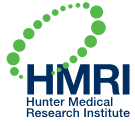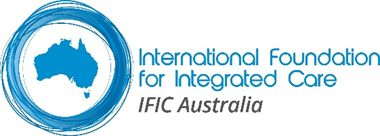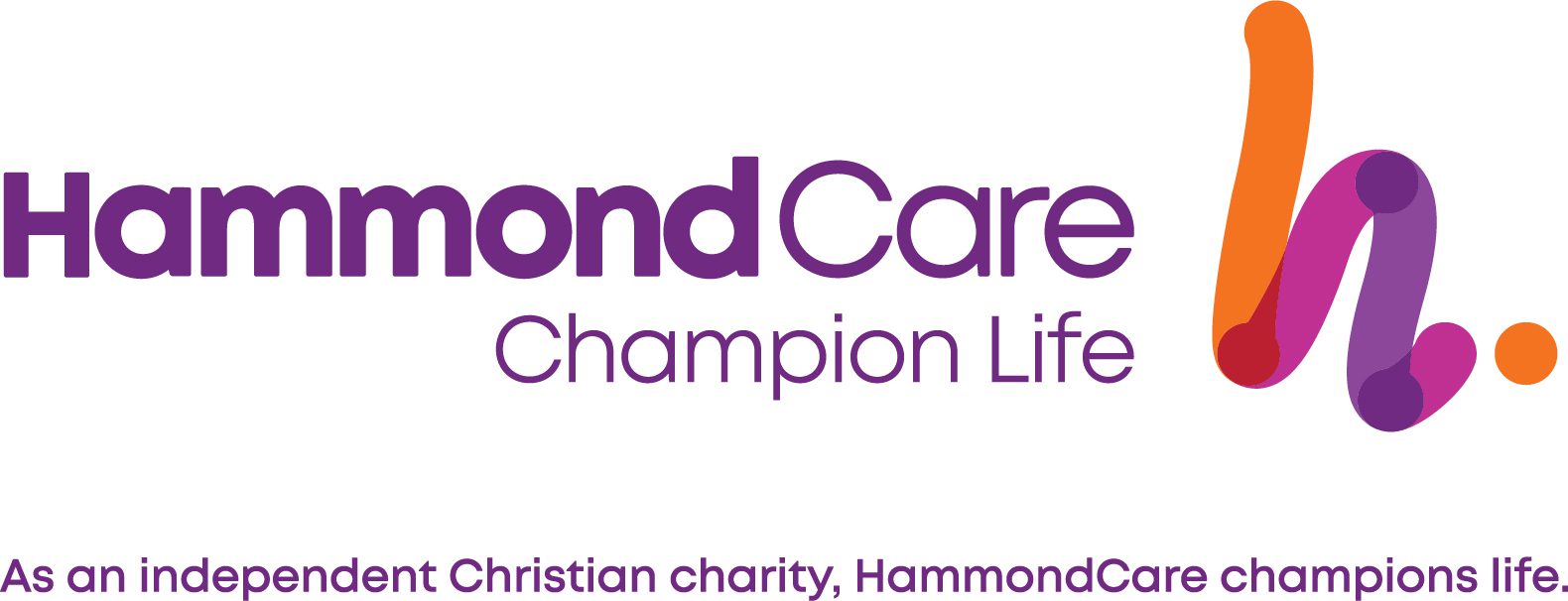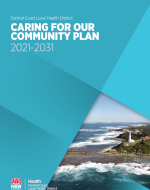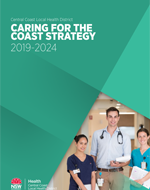Our Research environment
The CCRI is a joint venture of the University of Newcastle and Central Coast Local Health District. The CCRI aims to build a dynamic network of partners to create high-impact collaborative research programs across Australia and internationally, to support the delivery of inter-sectoral and multi-disciplinary education and training programs, and to enable the meaningful involvement of local communities in research and research translation.
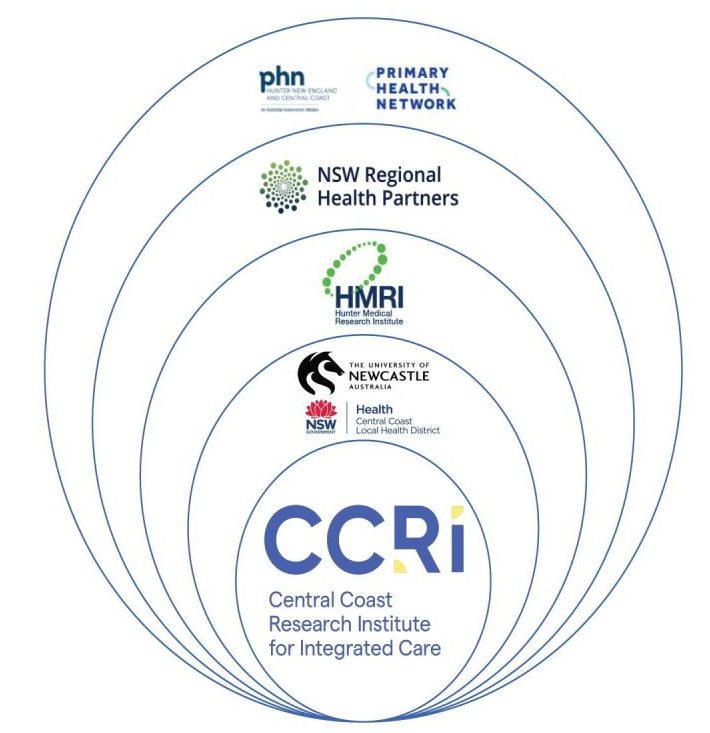
The strategies we align with
-

CCLHD Strategic Research Plan 2022-2026

CCLHD Strategic Research Plan 2022-2026
The CCLHD Strategic Research Plan 2022-2026 has been developed over many months following wide consultation with District staff and researchers and our external research partners. This Plan paves the way forward for research to exploit our state-of-the-art local research facilities and expanding research expertise to address the health priorities of our community. In many ways, this is a new beginning for research on the Central Coast.
-

CCLHD Caring for our Community Plan 2021-2031

CCLHD Caring for our Community Plan 2021-2031
The Central Coast Local Health District (CCLHD) Caring for Our Community Plan 2021-2031 outlines the priorities and future directions for CCLHD community health services over the next 10 years to 2031. A comprehensive range of community health services are operated by CCLHD. These services cover a range of health conditions, people’s needs (from urgent and/ or acute care through to less intensive care) and age groups (from antenatal to children and young people through to adults and older people).
-

Looking Ahead. The University of Newcastle Strategic Plan: 2022-2025

Looking Ahead. The University of Newcastle Strategic Plan: 2022-2025
This strategic plan is our framework for creating a future where Australia’s First Peoples are empowered and enjoy true equality. A future where anyone who has the drive and talent to succeed is given the opportunity to study. A future where our research benefits our local communities as well as our fellow global citizens. A future where our environment is safeguarded and at the heart of all of our big decisions.
-

Aboriginal and Torres Strait Islander Education and Research Framework

Aboriginal and Torres Strait Islander Education and Research Framework
Aboriginal and Torres Strait Islander education and research are a whole of university commitment – it is everyone’s responsibility. It is how all of us, Indigenous and non-Indigenous, can learn, research and apply Aboriginal and Torres Strait Islander ways of knowing and being. This Framework will see the University, our communities and our region work together to achieve excellence.
Artist: Jasmine Craciun
-

CCLHD Caring for the Coast strategy 2019-2024

CCLHD Caring for the Coast strategy 2019-2024
Our Caring for the Coast Strategy 2019-2024 looks at the next five years. It sets out a blueprint for what we want to achieve, a roadmap for how we might get there, and the elements that we will need to adapt to.
-

Aboriginal and Torres Strait Islander Health Research Strategy for the Hunter and Central Coast region

Aboriginal and Torres Strait Islander Health Research Strategy for the Hunter and Central Coast region
Undertaking translational research in ways that can improve Aboriginal and Torres Strait Islander health outcomes is a key priority for the CCRI.
In all our work, we seek to be coherent with the Aboriginal and Torres Strait Islander Health Research Strategy for the Hunter and Central Coast region, and its value framework and Governance structure, which are being developed and facilitated with the University of Newcastle.




